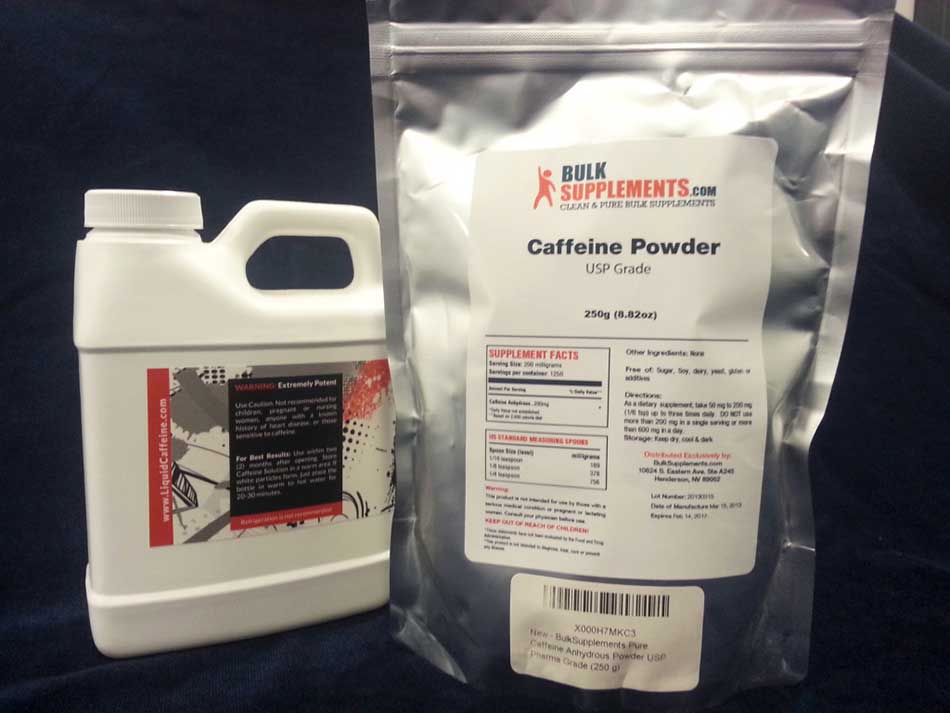Washington – The Food and Drug Administration (FDA) recently issued warning letters to five distributors of pure powdered caffeine. The agency claims these products put consumers at severe risks.
The letters published August 27, were sent to Bridge City Bulk-Bridge City LLC; Hard Eight Nutrition LLC; Purebulk Inc.; SPN LLC, which does business as Smartpowders; and Kreativ Health Inc., which does business as Natural Food Supplements. Their products are offered online, according to the letter.

Credits: The Center For Science In The Public Interest
The companies listed have 15 days to respond to the agency.
Caffeine powder is labeled by distributors as dietary supplements. Since the FDA doesn’t count with the legal authority to eliminate the substance from stores, the agency has been working very hard to build a case against companies who elaborate it, in order to persuade them to stop.
Last summer, due to the overdose and death of two young men, the agency issued a consumer advisory warning of the risks of taking pure powdered caffeine. Eighteen-year-old Logan Stiner, of LaGrange, Ohio, died in May 2014 after consuming it. Another death was associated with the product when in June 2014, 24-year-old Wade Sweatt overdosed, in Alpharetta, Georgia.
The FDA stated that they sent the warning letters to the distributors “because these products are dangerous and present a significant or unreasonable risk of illness or injury to consumers.”
According to the federal agency, a single teaspoon of pure powdered caffeine is almost equivalent to 28 cups of coffee. The packages of pure caffeine referenced in the warning letters contain hundreds or thousands of servings of the stimulant. Such packaged quantities are potentially lethal to consumers, the FDA said.
Users are commonly attracted to these products as they offer a pleasing energy boost. Actually, teenagers and young adults have particularly increased their consumption as they add it to drinks as stimulant before workouts or to control weight gain.
Moreover, Ron Rudnuck, president of Kreativ Health, already responded to the letter by saying that he would take its powdered caffeine off the market.
Source: FDA Warning Letters
